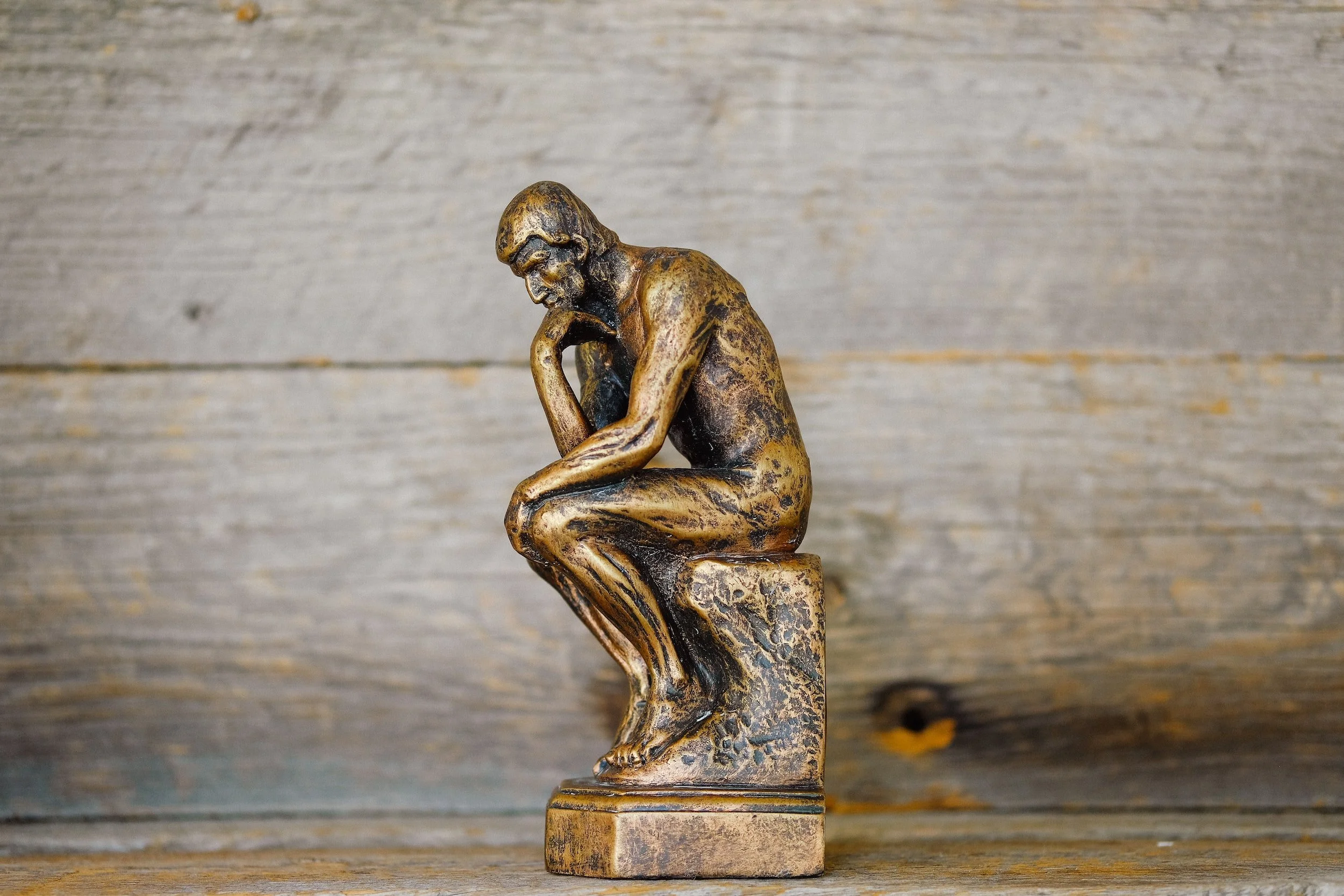Purpose in life, according to psychology
Purpose in life is a concept that has long fascinated psychologists, philosophers, and scholars across various fields. One has to graple with so many possible answers and directions, not to mention wonder if there even is such a thing! But everyone has an opinion about it, including psychologists. Here are four psychology theories about purpose in life:
Self-Determination Theory suggests that humans have an innate need for three things: autonomy, competence, and relatedness. According to SDT, individuals who feel autonomous and competent in their pursuits and have positive relationships with others are more likely to experience a sense of purpose in life. It presents a very functional explanation of purpose: purposefulness.
Cognitive Dissonance Theory suggests that when an individual's behavior or beliefs are inconsistent with their values or sense of self, they experience cognitive dissonance. This can lead to a search for meaning and purpose in order to resolve the dissonance and restore psychological balance. Upon find that balance, whether by religion, chance, or choice, that search is deemed to be fulfilled.
Positive Psychology suggests that individuals who focus on positive aspects of their lives, such as gratitude, optimism, and mindfulness, are more likely to experience a sense of purpose and meaning in life. This follows the hedonistic philosophical perspective of living a “good“ life, with elements like merriment, achievement, comfort, and close relationships.
Existential theory suggests that individuals grapple with the existential challenges of life, such as death and meaninglessness, and must create their own purpose and meaning in life in order to cope with these challenges.
While these theories offer different perspectives on purpose in life, research has found that individuals who experience a sense of purpose in life tend to have better physical and mental health outcomes, including lower rates of depression and anxiety, better immune function, and longer lifespans.
Ultimately, finding purpose in life is a personal journey that may involve exploring one's values, passions, and relationships. It may also involve seeking support from a therapist or counselor to navigate existential or psychological challenges. As the famous psychologist, Viktor Frankl once said, "It is not the meaning of life that matters, but rather the meaning of each individual life that counts."


